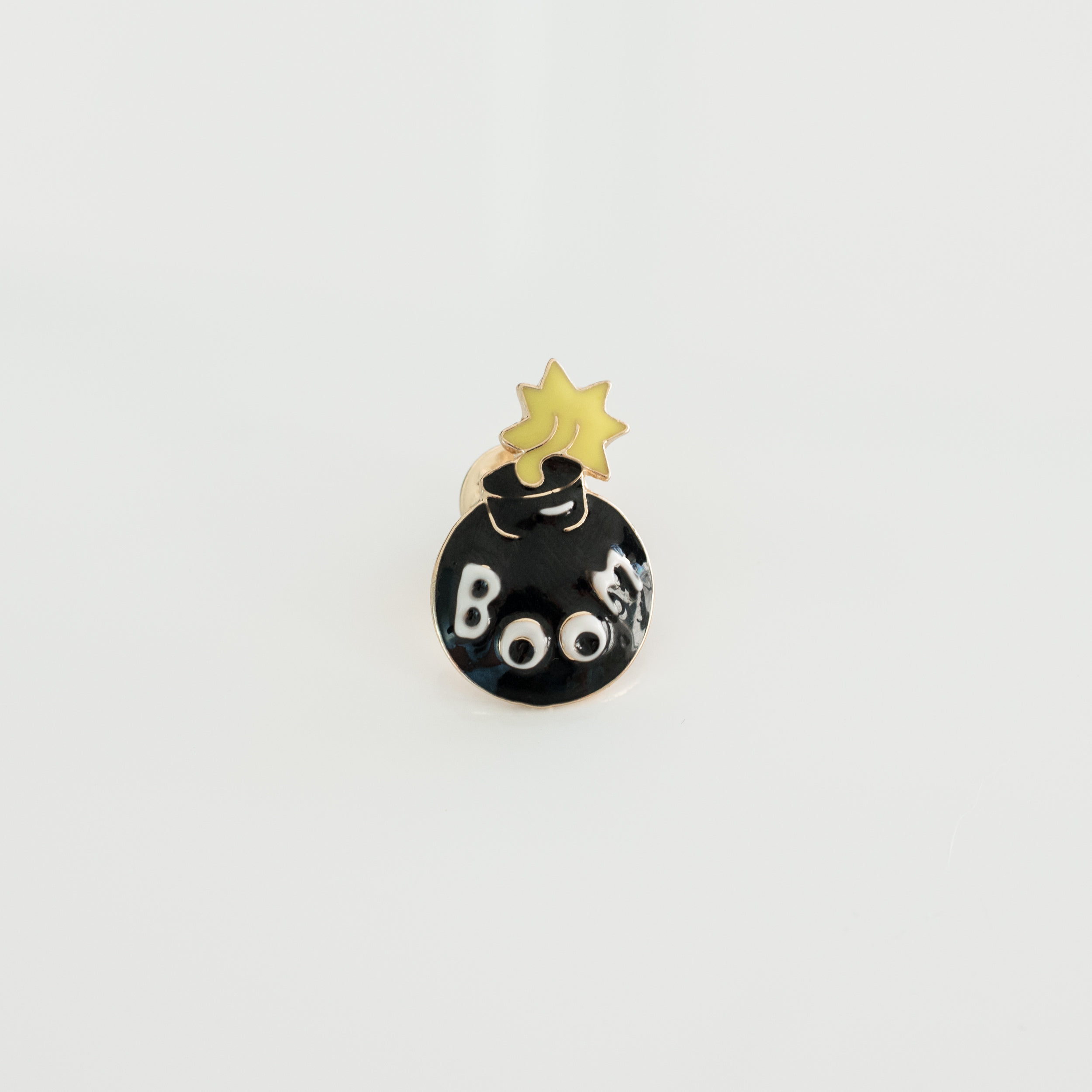THIS IS AN 'AD FREE' SITE
This site is ad-free. Instead of cluttering it with ads, I simply ask: if you find value here, consider buying me a coffee to help cover the costs. Thank you!
Just click on the SUPPORT ME button
Working a Job You Hate
I slammed my fist on the alarm clock for the third time, wishing I could stop time altogether.
Another day of working a job you hate.
My stomach twisted in knots, my chest felt tight, and the thought of stepping into that office filled me with dread. For a split second, I even fantasized about calling in sick—again. But I knew I couldn’t.
There was a pile of unfinished reports waiting for me, a condescending boss ready to pounce the moment I walked in, and coworkers who only ever seemed to complain.
 How much more can this poor alarm clock take?
How much more can this poor alarm clock take?I rolled out of bed and asked myself the same question I had every morning:
"How did I end up working a job I hate?"
I used to love what I did. At least, I convinced myself that I did. But somewhere along the way, the excitement faded, and all that was left was the exhausting grind of a job that drained the life out of me.
If you’re reading this, I imagine you might feel the same.
Working a job you hate is more than just disliking your daily tasks; it’s a slow, grinding process that chips away at your energy, your passion, and sometimes, even your self-worth.
Living on Autopilot
Every day felt like I was moving in slow motion, like I was a zombie going through the motions just to make it to the end of the week.
If you’re stuck working a job you hate, you know exactly what I’m talking about. It’s not just about being bored or tired; it’s deeper than that.
You feel disconnected from what you’re doing, like there’s no point to any of it.
 I’d sit at my desk, staring at the clock, thinking about everything I’d rather be doing. I couldn’t shake the feeling that this was my life now.
I’d sit at my desk, staring at the clock, thinking about everything I’d rather be doing. I couldn’t shake the feeling that this was my life now.I’d sit at my desk, staring at the clock, watching the minutes crawl by, and thinking about all the things I’d rather be doing.
But instead, I was stuck writing pointless reports, dealing with office politics, and listening to people complain about things that didn’t matter.
The worst part? I couldn’t shake the feeling that this was my life now—that I’d wake up 10 years from now, still stuck in this soul-sucking routine, having accomplished nothing of real meaning.
The Physical Toll of Working a Job You Hate
Working a job you hate doesn’t just affect your mental state. It affects your body too.
I remember the headaches that would start before I even made it to the office.
I’d feel my neck and shoulders tighten as soon as I stepped inside the building, and by lunchtime, I’d be running on pure caffeine and stress.
By the time I got home, all I wanted to do was collapse on the couch, numb my brain with Netflix, and forget the day even happened.
 Working a job you hate doesn’t just affect your mental state, it affects your body too. The headaches would start before I even made it to the office.
Working a job you hate doesn’t just affect your mental state, it affects your body too. The headaches would start before I even made it to the office.The exhaustion was overwhelming.
I wasn’t just tired from lack of sleep; I was tired from the constant mental and emotional strain of forcing myself through each day.
Even on weekends, when I was supposed to be resting, I couldn’t fully relax.
I spent Sunday nights dreading Monday morning, already feeling the weight of another week pressing down on me.
The Emotional Rollercoaster
The worst part about working a job you hate is the emotional rollercoaster.
One minute, I’d feel guilty—like I should just be grateful to have a job when so many others were struggling.
The next minute, I’d be filled with rage, angry at myself for staying in a situation that made me so unhappy.
 I’d feel guilty—like I should be grateful for a job. Then I’d be filled with rage, angry at myself for staying in a situation that made me so unhappy.
I’d feel guilty—like I should be grateful for a job. Then I’d be filled with rage, angry at myself for staying in a situation that made me so unhappy.But more than anything, I felt trapped. Trapped by the paycheck, the benefits, the security.
Even though every fiber of my being wanted to leave, the fear of the unknown kept me stuck.
What if I couldn’t find something better?
What if I failed at something new?
What if quitting just made things worse?
It’s a horrible feeling, isn’t it? Knowing that every day you’re giving your time and energy to something that doesn’t fulfill you, but not knowing how to escape.
Working a job you hate isn’t just a bad career move—it’s a slow erosion of your spirit.
How Did I Get Here?
I’ve asked myself that question so many times.
How did I end up working a job I hate?
Looking back, I think it happened in stages.
It started small, with petty annoyances—a coworker I didn’t get along with, a boring project, a boss who seemed oblivious to the team’s struggles.
But over time, those little things piled up until one day, I woke up and realized that I hated going to work.
But I stayed, because that’s what we’re taught to do, right?
Stick it out, keep your head down, don’t rock the boat.
I kept telling myself it was just a phase, that things would get better, that I just needed to tough it out.
Months turned into years, and the situation only got worse.
The scariest part of working a job you hate is how normal it can start to feel.
You get used to the misery, to the stress, to the constant feeling of being stuck.
It becomes your new normal, and before you know it, you’ve lost sight of what you really wanted.
Rediscovering My Purpose
One morning, after another sleepless night spent worrying about work, I had a moment of clarity.
I realized that if I didn’t make a change, nothing would change.
I’d keep waking up to that same feeling of dread, keep dragging myself through the day, and keep wondering what could have been.
 What kind of impact did I want to have on the world? I wrote it all down in my notebook.
What kind of impact did I want to have on the world? I wrote it all down in my notebook.That’s when I decided to do something about it.
I started small—taking time each evening to think about what I truly wanted out of life.
What kind of work would actually excite me?
What kind of impact did I want to have on the world?
I wrote it all down in my notebook.
It wasn’t an easy process, and there were times when the fear of change almost stopped me in my tracks.
But the more I explored, the clearer it became that staying in a job I hated was no longer an option.
Taking Action
Taking action is the hardest part.
It’s one thing to know that working a job you hate is draining you, but it’s another thing to actually do something about it.
I started by making a list of small, practical steps I could take.
I updated my resume, reached out to people in industries I was interested in, and started applying for jobs that aligned with my passions.
The process wasn’t quick or easy.
There were plenty of rejections along the way, and moments when I doubted whether I was making the right choice.
But every small step I took gave me a little more confidence, a little more hope that I could break free from the cycle of working a job I hated.
Eventually, I found something better—a job that didn’t just pay the bills, but also gave me a sense of purpose. And let me tell you, the feeling of walking out of that old office for the last time was like a weight being lifted off my shoulders.
The Impact of Change
Looking back, I realize that working a job you hate isn’t just a career issue—it’s a life issue.
It affects everything: your relationships, your health, your sense of self.
Making the decision to leave wasn’t just about finding a better job—it was about reclaiming my life.
 You have the power to change, even if it feels overwhelming. It might take time, and it will definitely take courage, but the rewards are worth it.
You have the power to change, even if it feels overwhelming. It might take time, and it will definitely take courage, but the rewards are worth it.If you’re stuck working a job you hate, know this: You don’t have to stay stuck.
You have the power to change your situation, even if it feels overwhelming right now.
It might take time, and it will definitely take courage, but the rewards are worth it.
There’s more out there for you than the daily grind of a job that makes you miserable.
Conclusion
- Working a job you hate can feel like being trapped in an endless cycle of stress, exhaustion, and frustration.
- Acknowledge your feelings, rediscover what truly excites you, and take small steps toward change.
- It won’t happen overnight, but it can happen.
- You deserve a job that doesn’t just pay the bills but makes you feel alive.
- Don’t let fear keep you in a place that drains you.
- It’s time to break free and find work that inspires and fulfills you.
- You will thank your future self.
Experience isn't the best teacher, experience is the only teacher.

Confidence comes from experience






